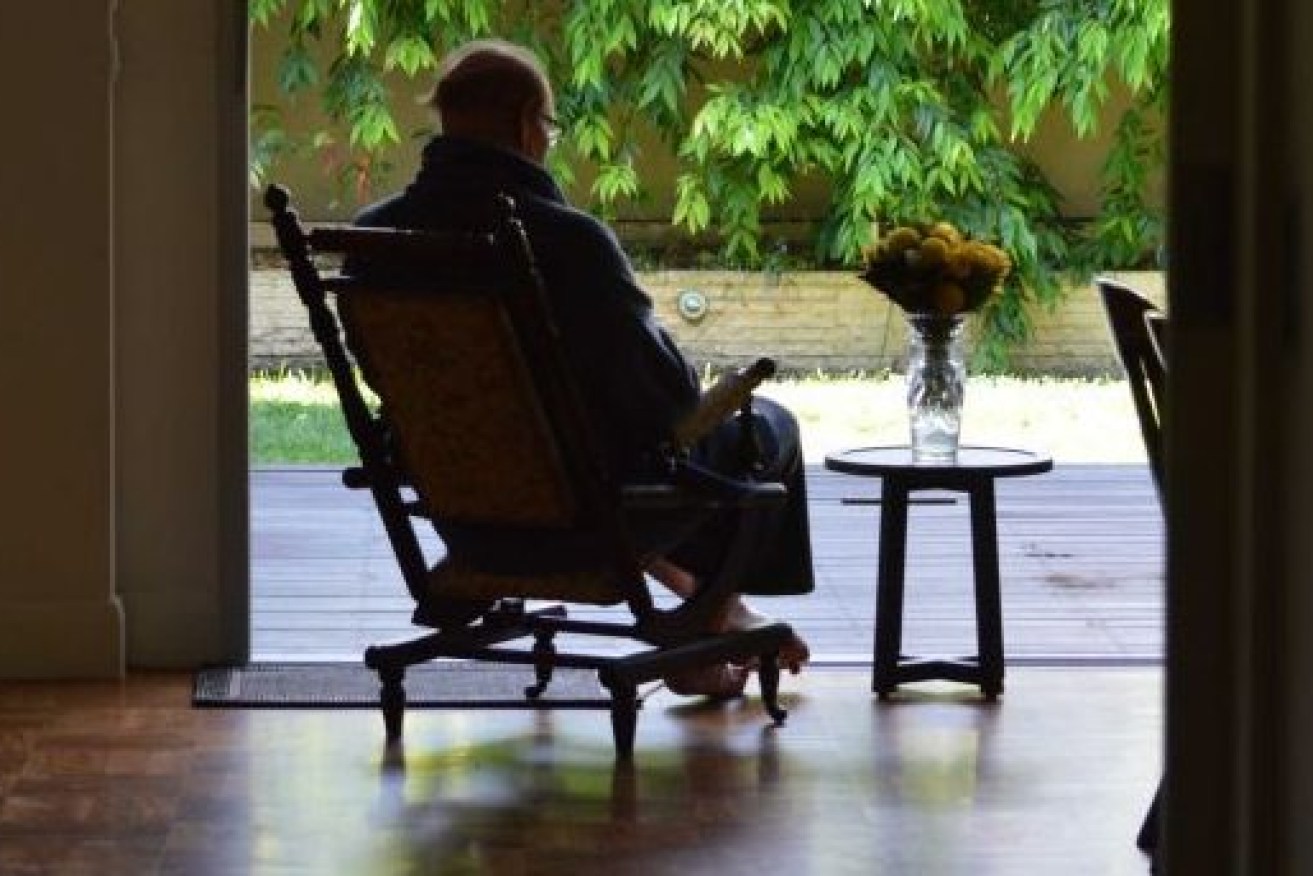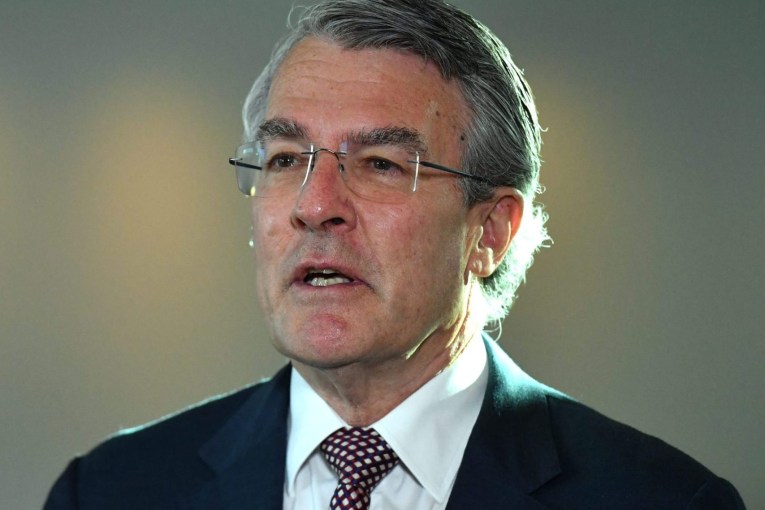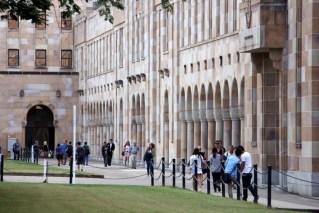Only the lonely: Govt urged to act on our growing social isolation
The Queensland government has been urged ensure funding for community groups supporting people suffering social isolation and loneliness in the state.

New research reveals that incontinence pads are proving a bigger waste problem than nappies.
A parliamentary committee made the recommendation after its inquiry into social isolation and loneliness, launched in May amid concerns about the pandemic’s impacts, found many people were suffering.
The inquiry found the main support for people in need was coming from neighbourhood community centres (NCCs), rather than the government.
“The committee notes the high prevalence of social isolation and loneliness within Queensland,” said the committee’s report, tabled on Monday night
“The committee acknowledges that stigma surrounding social isolation and loneliness may make it difficult for lonely or socially isolated community members to access necessary help, but is highly supportive of the work of all of the NCCs around the state.”
The committee heard the pandemic had exacerbated social isolation and loneliness with the Northside Alliance of Neighbourhood Centres, saying that for many people living through COVID-19 had been “a personal trauma”.
“For almost two years COVID-19 has become almost the only news, and it is news that is inevitably almost exclusively bad,” the NANC said in its submission.
“Such an alarming atmosphere has had adverse effects on peoples’ mental health and well-being.”
The group said the pandemic had caused income and job losses, and increased domestic violence, acute isolation and loneliness.
Lockdowns and social restrictions, the NCAC said, had also curtailed “rituals that are inherent to being human” such as handshakes, hugs, kisses and many others.
While the inquiry was launched due to concerns about the pandemic, the committee found many potential triggers and conditions were contributing to isolation and loneliness.
Those included geographical isolation, lack of housing, lack of access to technology and social media, or habitual or excessive online activity.
Isolation and loneliness was experienced by people in every age group, new parents, defence force employees, people with mental and physical health issues and migrants from diverse cultural backgrounds.
The committee has called on the Queensland government to develop a 10-year strategy to address social isolation and loneliness.
The plan should ensure funding for community centres is adequate to support people in need, the report said.
“The committee recognises the need for NCCs to be adequately funded, and for the certainty of continuity of funding to be able to meet the needs of their local communities across Queensland,” the report said.
“The committee therefore recommends that the funding model for NCCs across Queensland be reviewed, to better meet the needs of communities, in preventing and responding to social isolation and loneliness.”
The committee also called for a statewide trial of the “social prescription” model pioneered by the Mount Gravatt Community Centre as part of the strategy.
The social causes, preventative factors should be probed, the report said, along with successful case studies in dealing with isolation and loneliness.












